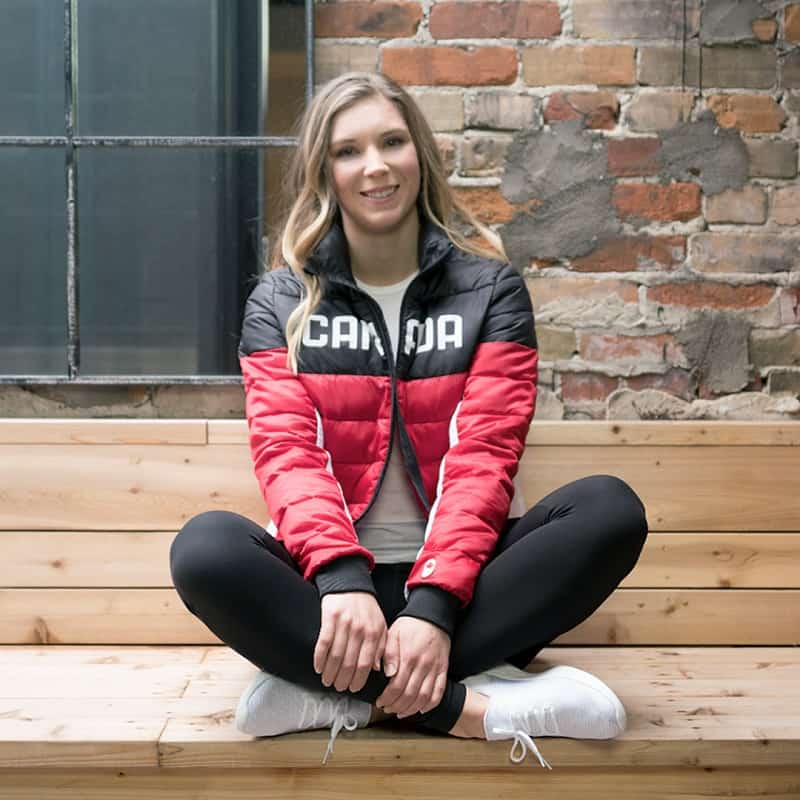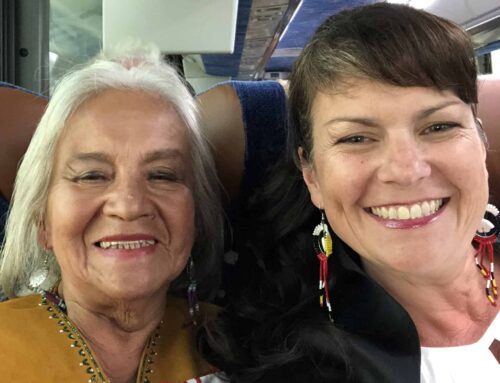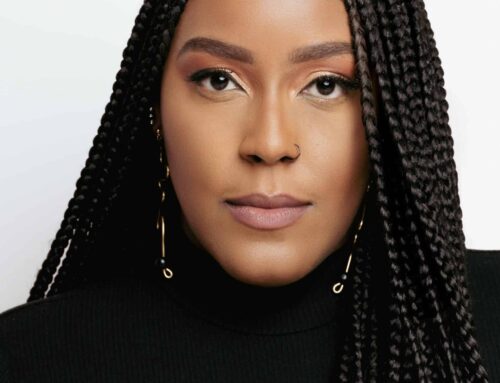At 17, she was the youngest female competitor in the 2012 Winter X Games, and she won her first Olympic medal in skiing slopestyle at Sochi in 2014. But after her win, she experienced new insecurities and setbacks that she had to work hard to overcome. Now, she’s gearing up for the 2018 Olympics in PyeongChang and she’s got some fresh wisdom on how to handle failure and keep playing #LikeAGirl.
How do you deal with the pressure of public attention and the expectations of others?
After Sochi, I actually really struggled with this. I took some time off and tried to stay out of the public eye as much as possible. Realizing that I deserved that win and I truly earned it has helped me gain the confidence and get back out there again.
I have never been more proud of myself than I am now. I’ve come a long way over the past four years. I’ve learned even more about how important it is to show young girls that there will always be bumps in the road and that’s how you learn, grow, and build your confidence.
How are you preparing for the Winter Olympics? What do you do to motivate yourself and stay confident?
I’m more focused heading into these Games. I’m working closely with a sports psychologist and an amazing team of coaches to prep and am feeling stronger than ever. It’s okay to ask for help, whether it’s from a sports psychologist or a parent, friend, teacher, or guidance counsellor.
This year, I have the advantage of having gone through this all before and knowing what to expect once I’m on the ground in PyeongChang. I also have a stronger belief in myself and my abilities this time around, which is something that will help me stay confident.
Can you describe a time when you’ve failed? What did you do to get back up and keep going?
Every fall could be seen as a fail, but isn’t that just part of practice? I’d say the time that I really let myself down was after my 2014 win in Sochi. I was so young and the attention I got was something that I turned into pressure on myself. I felt like an imposter! I didn’t think I’d be able to meet or exceed the success I’d had in Russia so instead of pushing forward, I really pulled away from the spotlight.
I went home to Huntsville, Ontario, and spent a lot of time with family and friends, and eventually felt ready to put myself back out there. Along with my sports psychologist, I started working with new coaches who really helped me change my mindset and get back in the game.
Did anyone try to make you feel like you couldn’t be a professional skier? What was your response?
Only myself! For a while, I kind of felt like my gold medal was a bit of a fluke and that I hadn’t really earned it. I was almost ashamed. My sports psychologist helped me realize that I had actually earned that medal. Just because I have natural talent, doesn’t mean that I’m not working hard for something and earning it.
It’s okay to not be perfect, it’s okay to make mistakes. It only stops being okay when you give up. I love that the Always #LikeAGirl campaign encourages girls to try, fail, learn, and keep going.
Sometimes, failure can be fuel – with support from friends, we can learn from our mistakes and build confidence for our next try. What advice would you give to girls when they fail to give them the confidence to keep going?
Failure is really just part of the process. You won’t know how far you can go and how far you can push yourself if you don’t occasionally go a little bit too far.
I can’t count the number of falls I’ve had or the number of times I’ve wanted to just throw in the towel. It’s shocking to learn that this fear of failure is so common. I hate that girls are missing out on opportunities and if my story inspires even one more girl to get out there and keep going, I’ll be so happy.
This is the eighth post in our Confidence Stories series in partnership with Always®. Confidence Stories feature stories, tips, and ideas for supporting girls and building confidence.
Learn More
- Hailey and Nikki: Building Life-Long Confidence through Mentorship
- Confidence is Crucial
- Stopping the Drop in Girls’ Confidence
- Tips to Keep Girls Playing #LikeAGirl
- Confidence Doesn’t Always Come Naturally – Even When You’re an Olympic Athlete
- Confidence is a Key Goal for Girls Got Game
Take Action
- Sign up for our e-newsletter to have our latest stories and resources sent to your inbox.
- Follow us on Facebook and Twitter to join a national conversation on empowering girls







… [Trackback]
[…] Read More: canadianwomen.org/blog/slopes-spotlight-olympic-gold-medalist-dara-howell-uses-failure-fuel/ […]
[…] From the Slopes to the Spotlight: How Olympic Gold Medalist Dara Howell Uses Failure As Fuel […]
[…] From the Slopes to the Spotlight: How Olympic Gold Medalist Dara Howell Uses Failure As Fuel […]
[…] From the Slopes to the Spotlight: How Olympic Gold Medalist Dara Howell Uses Failure As Fuel […]
[…] From the Slopes to the Spotlight: How Olympic Gold Medalist Dara Howell Uses Failure As Fuel […]